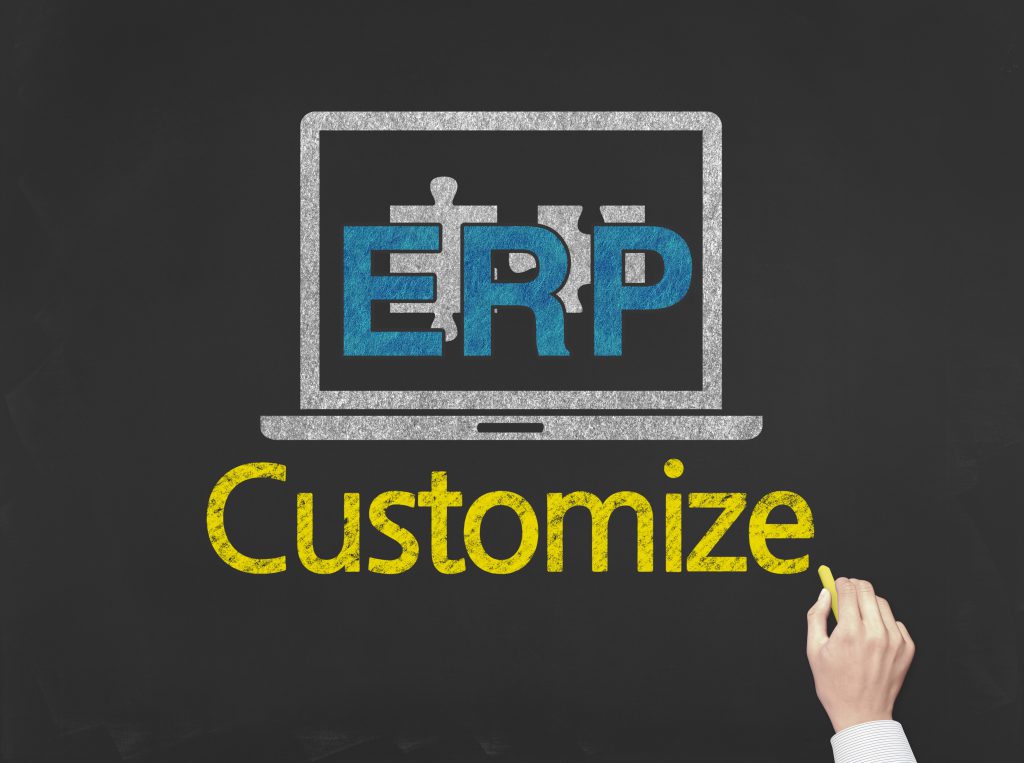
Are you contemplating upgrading or purchasing a replacement ERP (Enterprise Resource Planning) solution for your business? Wouldn’t it’s great to possess one that, right out of the box, did everything you’ll imagine, and more importantly, everything that your business requires?
No one ever wants to spend overtime and money on customizations. In fact, outdated or dysfunctional customizations are a reason companies search for a replacement ERP system within the first place! But a replacement ERP system that doesn’t do what you would like it to try to are going to be even as useless as your old one. While we don’t wish to recommend customization for its own sake, sometimes it’s the simplest approach. The trick is to understand when to customize and when to not.
What does one need your software to do?
The question of customization comes up early within the ERP selection and implementation project. A beginning step may be a gap-fit analysis. A gap-fit analysis maybe thanks to checking out aspects of a business to match its current state against a perfect or preferred state. Your users will detail their existing business processes and compare what they have to try to or want to try to, with the functionality offered within the new solution. Then project teams will find out the way to close the gap between the 2. they will either change the business process or modify the software to suit existing processes. There are pros and cons to every approach.
Pros and cons of customization
Asking users to vary their familiar processes are often risky. they’ll become experts and are wont to doing things one way; asking them to vary the routine drastically carries the danger of their resisting and failing to adopt the new system. we might encourage users to think about adapting their processes to the software, but if resistance is just too strong, customization could be the simplest choice.
However, albeit customization may, within the short term, be easier, require less training, and keep users happy, within the future, it’s going to come to haunt you. Customizations must be maintained and updated, and, if performed improperly, they might affect the integrity of your new system. So, how does one decide?
Ask the proper questions
When considering customization, ask yourself, “how will this customization affect my business? Will it make us more competitive within the marketplace?”
Each business is exclusive. Your business processes drive this uniqueness. An ERP implementation can make your company more efficient, save on long-term costs, and in many cases, be essential to your company’s growth. But losing a number of your key processes thanks to a no-customization policy isn’t worthwhile. Determine if the business process is a component of what differentiates your company within the market. In other words, is it essential to the way you are doing business?
Strive to take care of what causes you. By applying this rule consistently, you’ll retain what’s unique about your company, while still realizing all the advantages of a contemporary ERP system.
The excellent news is that customizations aren’t as invasive as they wont to be.
If you’d like to know more about how Multiable ERP system can help your business grow, contact for a free consultation with one of our experts at Multiable.